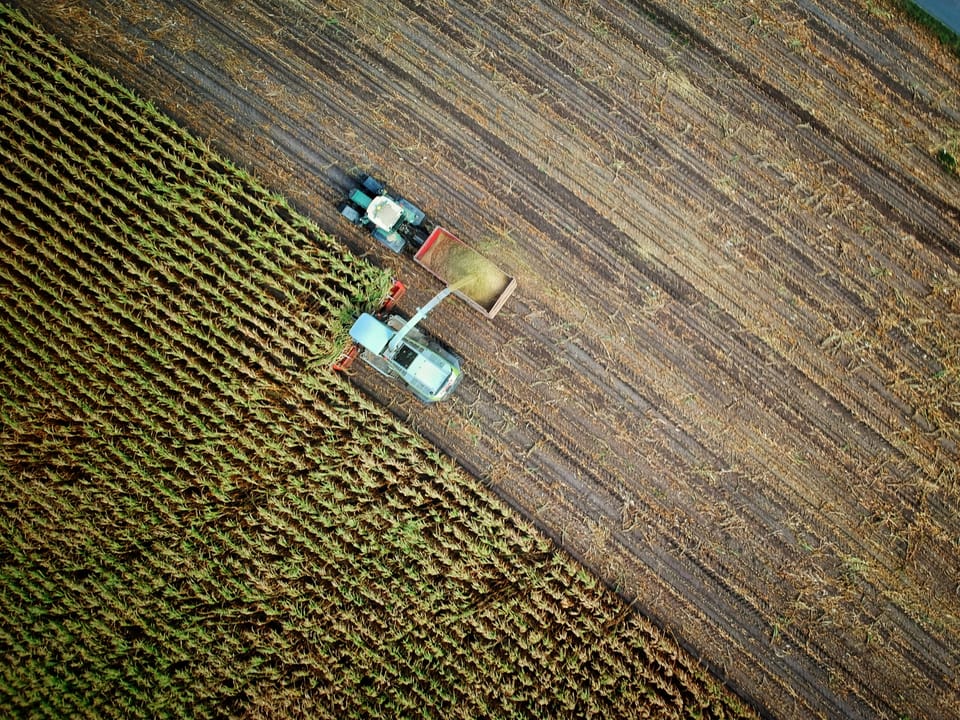Consumer goods firms standardise supplier sustainability targets

A coalition of 26 consumer goods companies including PepsiCo and Unilever has set standardised sustainability targets for their key suppliers, with the goal of accelerating Scope 3 decarbonisation.
The six targets, published this week by the Towards Net Zero Coalition of Action, include emissions measurement, disclosures and mitigation plans across all scopes, as well as renewable electricity and heat, deforestation and regenerative agriculture goals.
For instance, suppliers contributing 60-80% of coalition members’ Scope 3 emissions are asked to set 1.5ºC-aligned emissions reduction targets and build a transition plan to meet them by 2026. By the same deadline, they also need to set a 2030 or 2035 target to switch to mostly renewable electricity, as well as a transparent, ambitious and time-bound deforestation and conversion-free commitment.
Then, by 2030, the FMCG coalition expects these suppliers to demonstrate progress towards switching to renewable heat, and to scale up regenerative agriculture.
Cascading sustainability targets down the supply chain
Rebecca Marmot, Chief Sustainability Officer at Unilever, said: “By working together and setting consistent expectations for suppliers, we can create meaningful, long-term change across our industry. These targets demonstrate our collective commitment to reducing environmental impacts at scale, helping to secure a more sustainable future for all. For many companies, this will be an initial step in their supplier sustainability journey, and we hope that it encourages progressive steps going forward.”
While the targets will initially apply only to primary suppliers, the companies will also recommend that they are cascaded down the supply chain to suppliers or suppliers, and adopted by other FMCG companies that are not part of the Towards Net Zero Coalition of Action.
“The flexibility of these targets is key,” added Archana Jagannathan, Chief Sustainability Officer at PepsiCo Europe. “It allows businesses to tailor their approach, making sure that the most relevant sustainability issues are prioritised, while maintaining the momentum to drive sector-wide change.”
Slow progress around food-related sustainable development goals
Food-related sustainable development goals around zero hunger, land use, biodiversity and marine ecosystems have been shown to be the most off-track SDGs, demanding decisive action from agribusiness players.
Last year at COP28, 134 countries committed to integrating food into climate plans (known as NDCs) by 2025, as part of the Emirates Declaration on Sustainable Agriculture, Resilient Food Systems, and Climate Action.
At the same time, 150 non-state actors – including Danone, Nestlé and Unilever – also called for the transformation of global food systems.
Many in the sector are promoting regenerative agriculture practices in their supply chains, and some have already seen a positive impact in Scope 3 emissions.







Member discussion